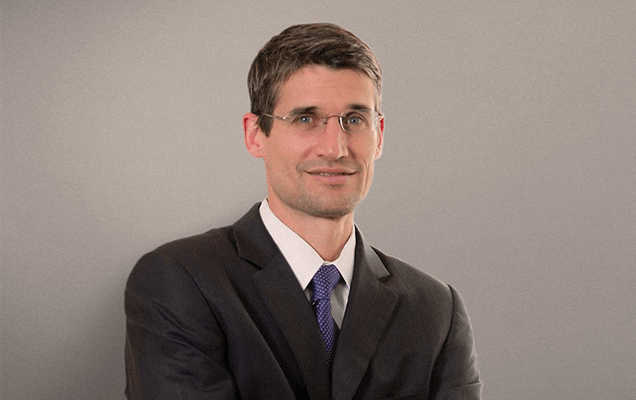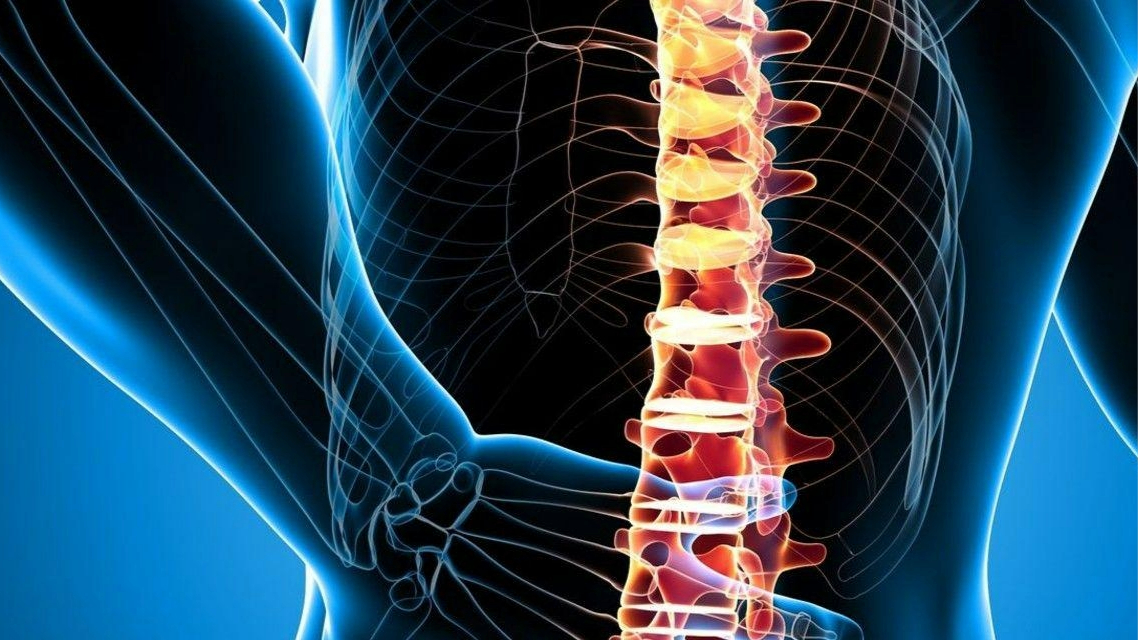Familiarizing yourself with problems after spinal fusion helps you weigh the risks and benefits before undergoing surgery.
If you are considering spinal fusion surgery, you undoubtedly have many questions about the recovery process and complications you may encounter. Can you damage a spinal fusion? What happens if you fall after surgery? These are just a couple of the important questions you should consider.
This guide will explore problems after lumbar fusion, how you can improve your chance of success by choosing an expert surgeon, and what you need to do if you encounter any concerns. You’ll also learn answers to important questions, such as “Can you mess up a spinal fusion?” and “Can you break a spinal fusion?”
What is Spinal Fusion Surgery?
Spinal fusion surgery is a procedure used to treat individuals with back and/or leg pain with spinal instability. These are issues often related to compression of spinal nerves. After surgery, following your surgeon’s instructions is essential to improve your chances of a successful outcome.
In this article, we will provide you with a guide of what you can expect after surgery from the patient’s perspective.
How long will I be in the hospital after fusion surgery?
Your hospital stay after spinal fusion surgery depends on the type and extent of the procedure.
For minimally invasive surgeries, it will likely be shorter, typically just one to two days. Open surgeries may require a longer stay, but usually only 3 days. Extensive spinal reconstructions may also require longer hospitalization and a stay in an in-patient rehabilitation facility.
During your hospital stay, your healthcare team will keep an eye on your medical condition, provide pain medications, and teach you how to take care of yourself post operatively.
Pain Relief and Pain Medications After Spinal Fusion
Pain management is a key part of spinal fusion recovery. While you’re in the hospital, your medical team will establish a pain medication regimen that you will continue at home.
It’s crucial to take these medications as directed and communicate any concerns or side effects with your medical team. Proper pain management will facilitate your mobility after surgery, which is essential for healing and preventing complications.
Problems After Spinal Fusion Surgery
Some of the more common problems after spinal fusion include the following:
Signs of Infection
During the first couple of weeks after surgery, you should be vigilant for signs of infection. These include things such as:
- Fever
- Swelling
- Redness
- Drainage around the incision site
Keeping the Surgical Site Clean
Most wounds do not require active care but monitoring the wound and keeping it clean and dry after bathing is essential. You should carefully follow your surgeon’s instructions regarding wound care.
Blood Clot Risk
Another concern during spinal fusion recovery is the risk of blood clots within your legs. Prolonged periods of inactivity can increase this risk.
At a minimum, get up and walk around your home several times a day. If you experience symptoms like leg swelling, pain, or shortness of breath, contact your doctor immediately.
When can I shower after spinal fusion surgery?
You can usually shower 1-3 days after surgery but immersing the wound in a bath or a pool is not allowed until your surgeon explicitly permits it. You should immediately inform your doctor if you notice any indications of infection.
Can I Damage My Spinal Fusion?
Yes, you can damage your spinal fusion. You are at the greatest risk of compromising your success during the early stages of your recovery process. That’s because the bones are still fusing together. The fusion process typically takes several months and requires that the implanted hardware remain stable while your bone heals.
A minimally invasive procedure causes less muscle damage and can lead to less pain, allowing a faster return to normal activities. The successful fusion of bone however still requires time, so return to full activities should be gradual.
Make sure you follow all recommendations set forth by your surgeon so you can protect your fusion.
Some other factors that may increase your risk of fusion failure include smoking and poor nutrition. Pre-existing medical conditions like osteoporosis can also impede the healing process. If the bone fails to heal appropriately you may experience recurrence of pain or the screws and/or rods may loosen or even break.
Post-spinal fusion problems can occur if you don’t participate in physical therapy or ignore your surgeon’s instructions. Not practicing appropriate back mechanics can increase the risk of adjacent segment disease, where increased stress on the vertebrae below or above your fusion site leads to degeneration over time.
What Happens if You Fall After Spinal Fusion?
A fall can increase your risk of spinal fusion problems. The consequences of your fall will vary depending on factors such as:
- The severity of the fall
- What you landed on
- How long it has been since your surgery
- The location of the fusion
During the first few weeks after surgery it is uncommon for a fall or even car accident to loosen the hardware, however any of these instances are best avoided. Although obvious damage of the hardware is unlikely, a fall can disrupt the bone healing which may not become apparent until much later. In severe instances, you may require another surgery to replace the damaged hardware or redo the fusion.
If you fall, don’t get up right away. Take a moment to assess how you feel. If you feel sharp pain, tingling, or numbness, hold still and call for emergency medical help. You don’t want to create further damage.
Strenuous Activity and Physical Therapy
Engaging in strenuous activities shortly after spinal fusion surgery is not recommended as it will cause increased pain and can disrupt the bone healing. Avoid heavy lifting, bending, or twisting during the initial weeks or months, depending on your surgeon’s recommendations.
Instead, focus on gradually increasing your activity levels through sitting and standing as well as walking. In the hospital, physical therapists will show you how to do this and provide exercises to strengthen your back and promote healing.
It's time to get back
to doing what you love.
Bone Graft and Healing Process
The healing of the bone graft is a crucial part of spinal fusion surgery. It involves placing bone graft material between two or more vertebrae to promote a solid bridge of bone connecting them together.
This process is called a “fusion.” There are many options for fusion material including your own bone, cadaver bone, and other biologically active materials that are made in laboratories.
The healing process requires time, typically taking several months.
During this period, the bone graft will slowly fuse with your existing bone, providing stability to the spine. Growing bone likes stability and pressure.
Therefore, activities that involve twisting, bending, and stretching are to be avoided until your surgeon permits them.
Take the First Step Toward Relief
Recovering from spinal fusion surgery is a step-by-step journey. It’s all about taking good care of yourself, following your doctor’s advice, and being patient.
With the right care and support, you’ll be on your way to feeling better and getting back to your everyday life.
If you or a loved one are considering spinal fusion surgery, contact our office today to schedule a consultation with one of our expert spinal surgeons!

About Dr. Alfred T. Ogden
Dr. Alfred T. Ogden is an accomplished neurosurgeon in North Jersey and is a proud member of Neurosurgeons of New Jersey, practicing out of their Ridgewood office conveniently located on East Ridgewood Avenue. Dr. Ogden is internationally recognized as a leader in minimally invasive spine surgery.
Recent Posts:





